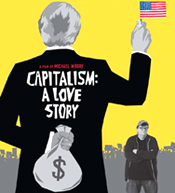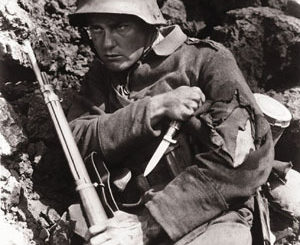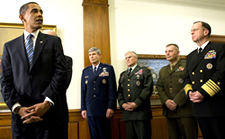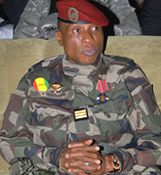
Pipeline Renews Debate on Sea-Dumped Chemical Weapons
Source: IPS News
(IPS) – On Sep. 24, a beachgoer near Swansea, Wales reported a piece of military equipment washed up on the shore. Three days later, the two members of the team that had showed up to dispose of the shell developed symptoms compatible with mustard gas – a chemical warfare agent used in the two world wars and other conflicts.Concern over sea-dumped chemical weapons such as the mustards that washed up in Wales is growing, particularly in the Baltic Sea – the site of the dumping of 40,000 tonnes of surplus and seized chemical weapons in the years following World War II and the proposed site of the Nord Stream natural gas pipeline connecting Russia and Germany.
Following presentations at the U.N. last week and meetings on Capitol Hill later this week, Vaidotas Verba, Lithuania’s ambassador to the Netherlands and to the Organisation for the Prohibition of Chemical Weapons, hopes to spread awareness of this sea-borne hazard and build momentum for a draft resolution to be presented at the U.N. General Assembly next fall.




